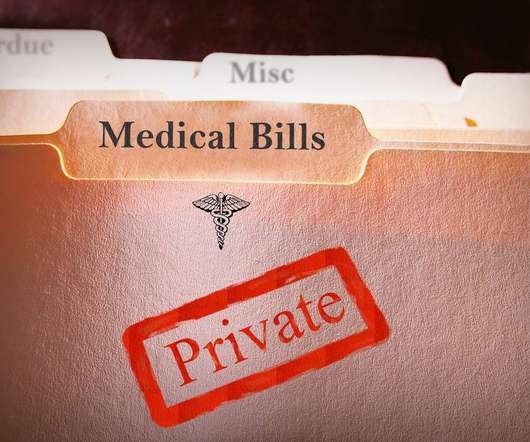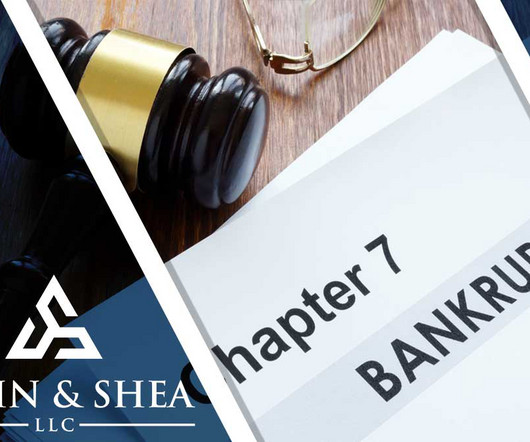Secured vs Unsecured Debt: Everything You Need to Know
Sawin & Shea
NOVEMBER 15, 2023
Declaring bankruptcy will discharge most types of debt but not others. Before you declare bankruptcy, it’s crucial to understand how the law treats the concept of secured vs unsecured debt. Chapter 13 involves commitment from the declarer to repay a portion of their debt over a specified period (usually three to five years).
































Let's personalize your content